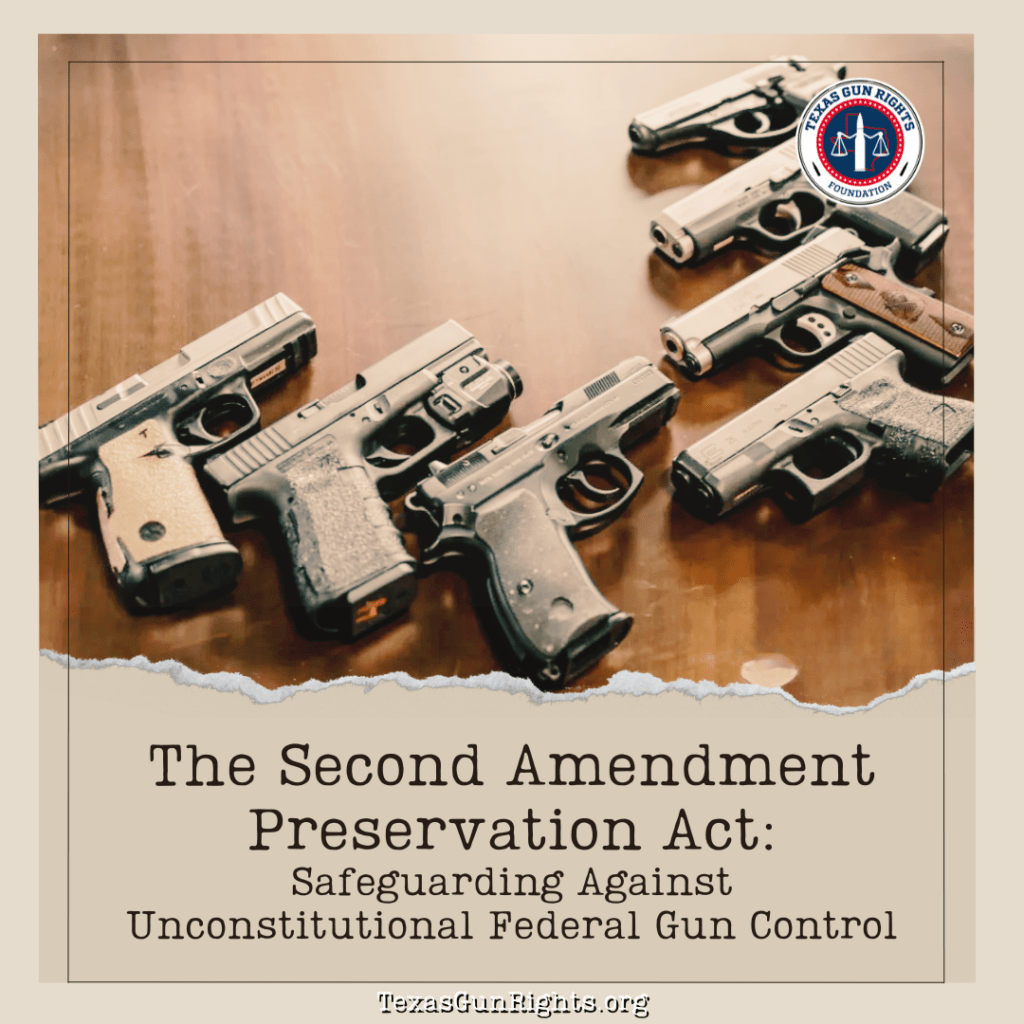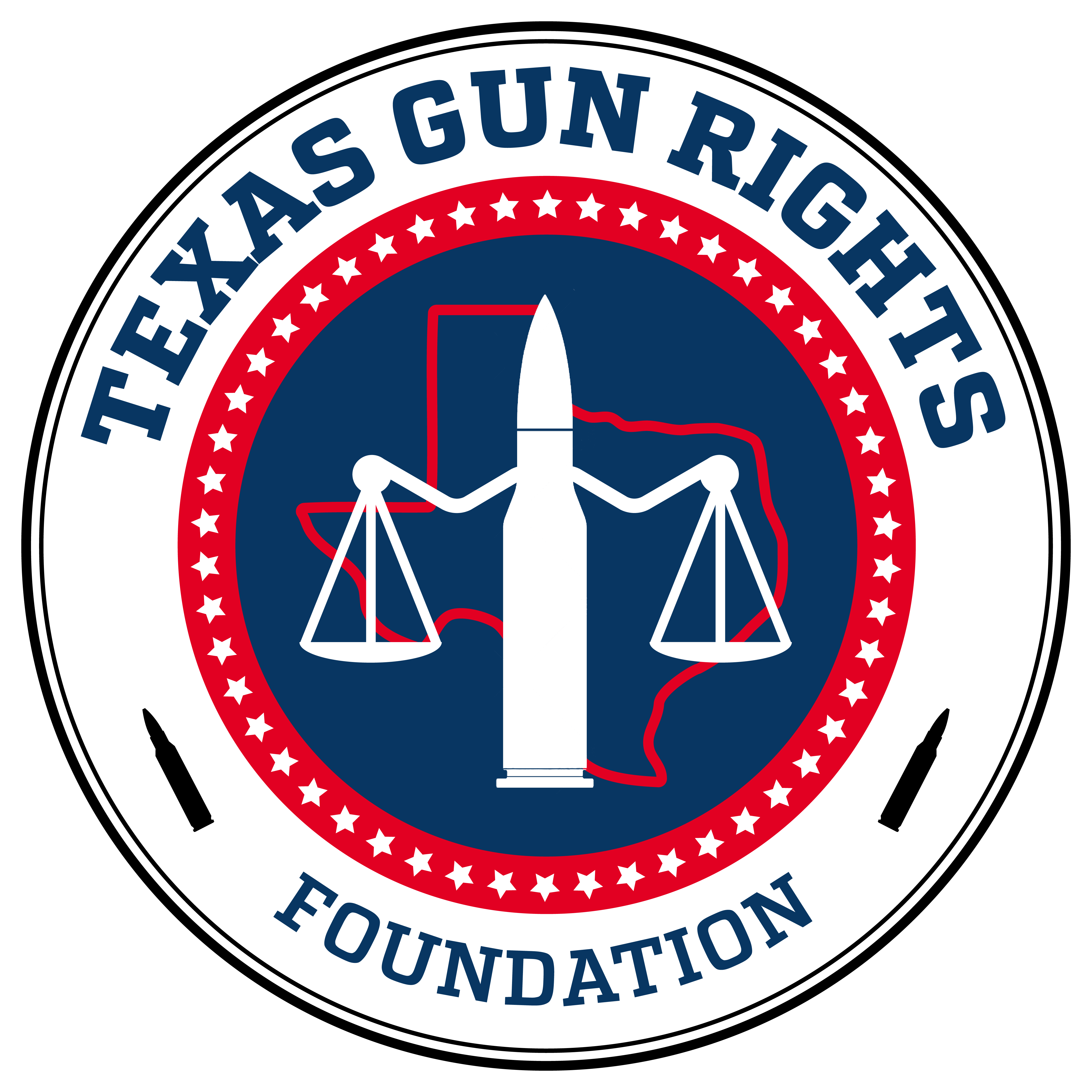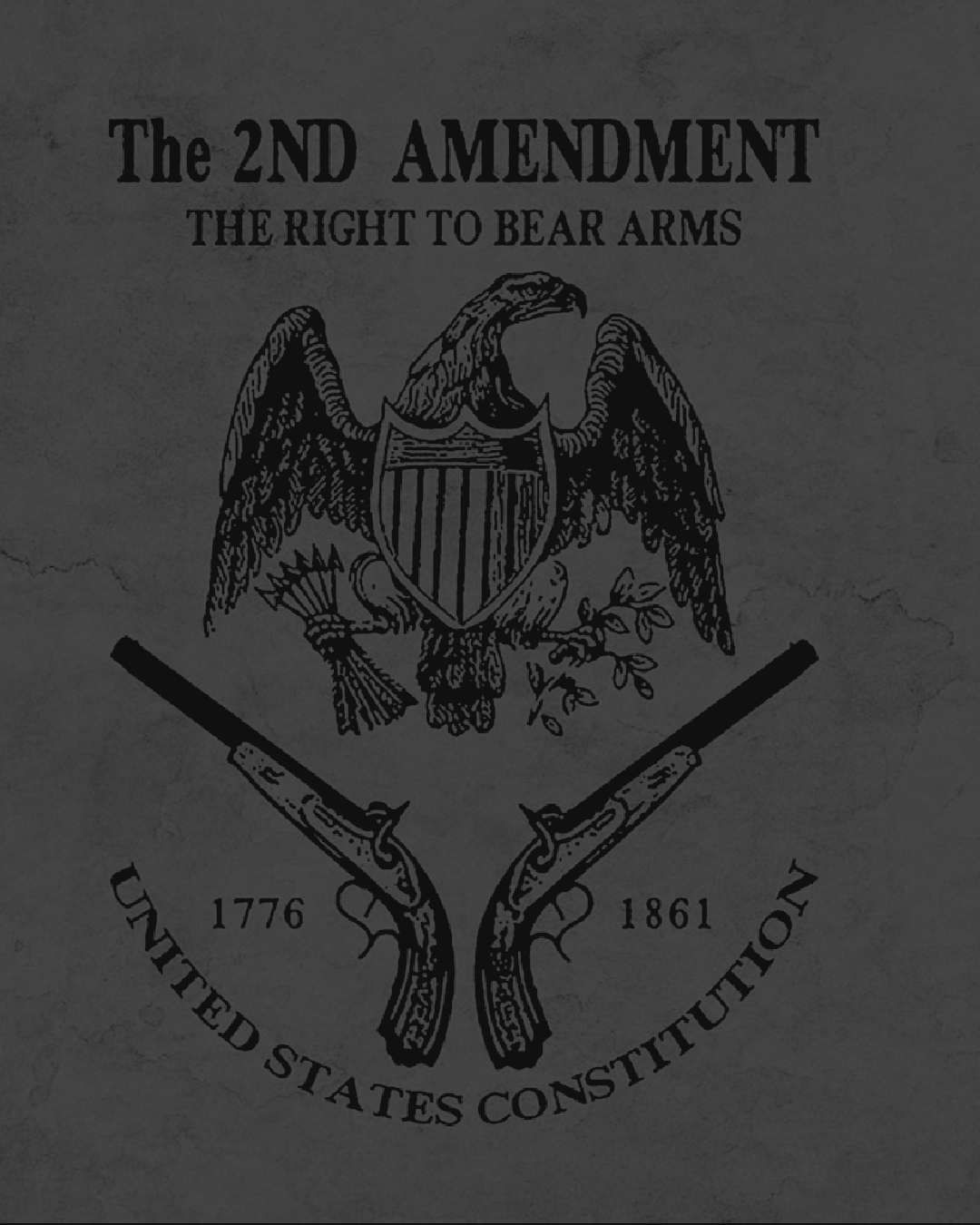The Second Amendment Preservation Act: Safeguarding Against Unconstitutional Federal Gun Control

The Second Amendment of the United States Constitution grants law-abiding citizens the fundamental right to keep and bear arms. However, in recent years, there has been a growing concern among gun rights advocates about potential federal government overreach regarding gun control. In response to these concerns, Second Amendment Preservation Acts (SAPA Laws) have emerged as crucial legislative measures at the state level to counter federal gun grabs. This article explores the significance of SAPA Laws in safeguarding Second Amendment rights and protecting law-abiding gun owners against federal gun grabs.
Preserving State Sovereignty
SAPA Laws serve as powerful tools to protect state sovereignty in matters concerning the regulation of firearms. By enacting these laws, states assert their authority to resist unconstitutional federal encroachments that infringe upon the rights of their citizens. SAPA Laws reaffirm the principle of federalism, emphasizing that states have the right to determine their own gun control policies in accordance with their unique needs and values.
Asserting Constitutional Authority
The Second Amendment Preservation Act is grounded in the understanding that the Constitution limits the federal government’s authority. These laws affirm the states’ commitment to upholding the Second Amendment and provide a legal framework for challenging federal regulations that exceed the scope of their constitutional authority. SAPA Laws send a strong message that state governments will not tolerate unconstitutional attempts to curtail the rights of law-abiding gun owners.
Prohibiting State Assistance to Federal Overreach
SAPA Laws typically include provisions that prohibit state and local law enforcement agencies from assisting federal agencies in enforcing unconstitutional gun control measures. This ensures that state resources and personnel are not utilized to enforce laws that infringe upon Second Amendment rights. By establishing clear boundaries, SAPA Laws create a shield against federal overreach and protect citizens from unwarranted intrusion by federal authorities.
Promoting Individual Liberties
At their core, SAPA Laws protect individual liberties by preserving the right of law-abiding citizens to possess and bear arms without undue government interference. By resisting federal encroachment, these laws uphold the principles of limited government and individual autonomy. SAPA Laws help maintain a balance between public safety and the preservation of individual rights, recognizing that responsible gun ownership is a fundamental aspect of personal freedom.
Setting Precedents for Other States
The enactment of SAPA Laws in one state can have a ripple effect, inspiring other states to follow suit and pass similar legislation. This creates a powerful grassroots movement that collectively asserts the importance of protecting Second Amendment rights. As more states adopt SAPA Laws, they contribute to a broader network of states that are committed to safeguarding their citizens’ constitutional freedoms and promoting a culture of responsible gun ownership.
Conclusion
The Second Amendment Preservation Act (SAPA Law) is an essential legislative tool in the fight against federal government overreach on gun control. By preserving state sovereignty, asserting constitutional authority, prohibiting state assistance to federal overreach, and promoting individual liberties, SAPA Laws serve as a vital safeguard for Second Amendment rights. These laws not only protect citizens’ freedoms but also set important precedents for other states to follow. As defenders of the Constitution and individual rights, it is crucial to support and advocate for the enactment of SAPA Laws to ensure the preservation of our cherished Second Amendment rights.

